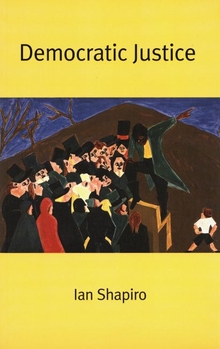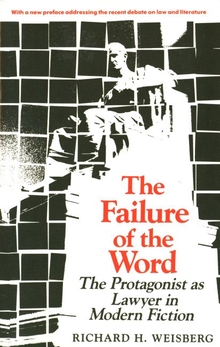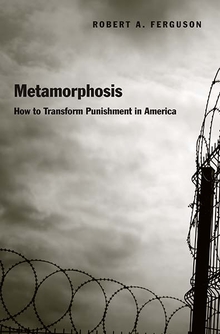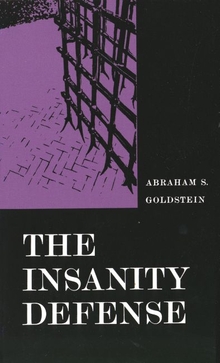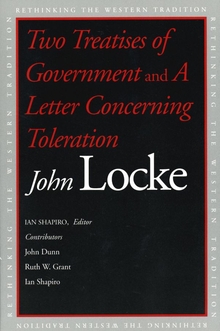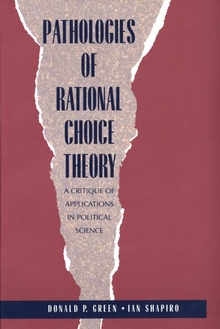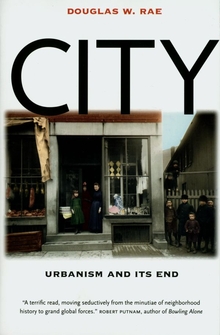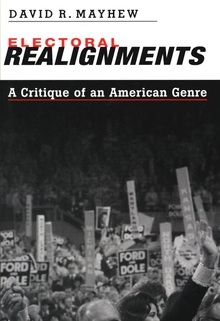Democratic Justice
WARNING
You are viewing an older version of the Yalebooks website. Please visit out new website with more updated information and a better user experience: https://www.yalebooks.com
Ian Shapiro
Wherever power is exercised in human affairs, Shapiro argues, the lack of democracy will be experienced as injustice. The challenge is to democratize social relations so as to diminish injustice, but to do this in ways that are compatible with people’s values and goals. Shapiro shows how this can be done in different phases of the human life cycle, from childhood through the adult worlds of work and domestic life, retirement, old age, and approaching death. He spells out the implications for pressing debates about authority over children, the law of marriage and divorce, population control, governing the firm, basic income guarantees, health insurance, retirement policies, and decisions made by and for the infirm elderly. This refreshing encounter between political philosophy and practical politics will interest all those who aspire to bequeath a more just world to our children than the one we have inherited.
"Ian Shapiro applies deceptively simple principles of participation and suspicion to hierarchy to both the intimate and the formalized social relations defining the stages of life. The result is an original, concrete and sweeping set of arguments and recommendations about how basic institutions such as family and workplace should be organized, and the role of government in regulating them. In a reasonable and matter of fact tone, Shapiro deftly leads his readers to assent to some proposals which are radically transformative in their implications."—Iris Young, Graduate School of Public and International Affairs, University of Pittsburg
"Ian Shapiro has always been distinguished, among other ways, by his rigorous insistence on grounding the enterprise of political theory in the practical facts of history and social existence. His work has consistently spurned the temptation to take refuge in formalistic mystifications or conceptual shortcuts such as the device of assuming an ideal starting point, pristine from the messy complexities of the world we actually inhabit. This quality defined his approach to the critique of the trajectory of liberalism undertaken in his first book, The Evolution of Rights in Liberal Theory and in his critique of recent trends in academic theorizing in Political Criticism. It has taken a more positive expression in Democracy's Place, as he took up the warrants of his conviction that 'political theory is most fruitfully developed in applied contexts.
"In Democratic Justice he takes this project yet further by arguing for a substantively grounded view that concerns with democracy and concerns with social justice are inevitably linked, and he advances this argument by closely reasoned, practically rooted examination of the warrants of democratic justice in crucial domains of social life as we live it. Democratic Justice is classic Shapiro. It lays out an unsentimental, probing, and, above all, concrete account that reinforces his place as a breath of fresh air in a field often too sterile, techisistic and politically naïve to be of much use to anyone other than its practitioners. This book instead contributes significantly to a discussion to the status of democracy as a practice and ideal that extends well beyond the walls of the academy."—Adolph Reed, Jr.
"Ian Shapiro argues that, in judging any institution, we should focus on the distribution of power to which it gives rise. As far as normal adults are concerned, this implies that state intervention should be focused primarily on maintaining conditions in which people can defend their own interests rather than on enforcing particular outcomes. This theme is pursued in closely-argued and densely-referenced chapters on marriage and employment. At the same time, Democratic Justice entails that the interests of the young and the old need substantive protection (though of different kinds), and Shapiro contributes effectively to recent controversies about the treatment of minors and those who are no longer capable of making or acting on their own decisions. The broader merit of the book is that it sets out a challenge to the assumptions underlying the increasingly sterile 'liberalism versus communitarianism' debate among political theorists, by proposing an alternative to both."—Brian Barry, Columbia University
"Shapiro’s argument is wonderfully lucid. His book should quickly find a wide readership and a prominent place in the justice debates."—Michael Walzer, author of Spheres of Justice and On Toleration
"Ian Shapiro successfully tackles not only one but both of the great divides in contemporary political philosophy—that between fair procedures and good outcomes, and that between theory and practice. And he leaves no doubt that the whole is much more interesting than the sum of its parts. In this book, facts and values really do—as they must—inform each other."—Jennifer L. Hochschild, Princeton University
"Democratic Justice is classic Shapiro. It lays out an unsentimental, probing and, above all, concrete account that contributes significantly to a discussion of the status of democracy as a practice and ideal that extends well beyond the walls of the academy."—Adolph Reed, Jr., New School for Social Research
"Applying deceptively simple principles of participation and suspicion of hierarchy, Ian Shapiro crafts a set of original, concrete, and sweeping arguments about how basic social institutions such as family and workplace should be organized."—Iris Young, University of Pittsburg
"[An] ambitious and closely reasoned treatise . . . Shapiro refers often to a broad spectrum of past and contemporary political theorists, and he presents his arguments in the context of important societal issues (population control, employment, health insurance, retirement, old age, and domestic life concerns such as marriage and divorce)."—Library Journal
"Democratic theorists and students of public policy will enjoy, and learn from, Shapiro’s well-informed and sensitive discussion of a set of policy issues that increasingly concern citizens in liberal democracies."—David Miller, American Political Science Review
"A compelling attempt to map philosophical arguments about justice on to some of the contours of actual political practice."—David Runciman, Times Literary Supplement
"For Shapiro, the political comes first in political theory. He labors to make theoretical arguments about democracy and justice yield specific guidance to mundane policy. The attempt is heroic and often persuasive. . . . This is an ambitious book and worth the reader's attention."—David Speak, Journal of Politics
"[A] useful and welcome contribution to contemporary Anglo-American political theory. . . . [A] timely and engaging read. It is an important contribution to contemporary debates in political theory which have tended to focus on the issue of distributive justice without paying much attention to our commitment to the value of democracy. This insightful book is likely to help shift the debate to a more balanced approach. And this is a welcome development."—Colin Farrelly, Philosophy in Review
Publication Date: February 8, 2001

